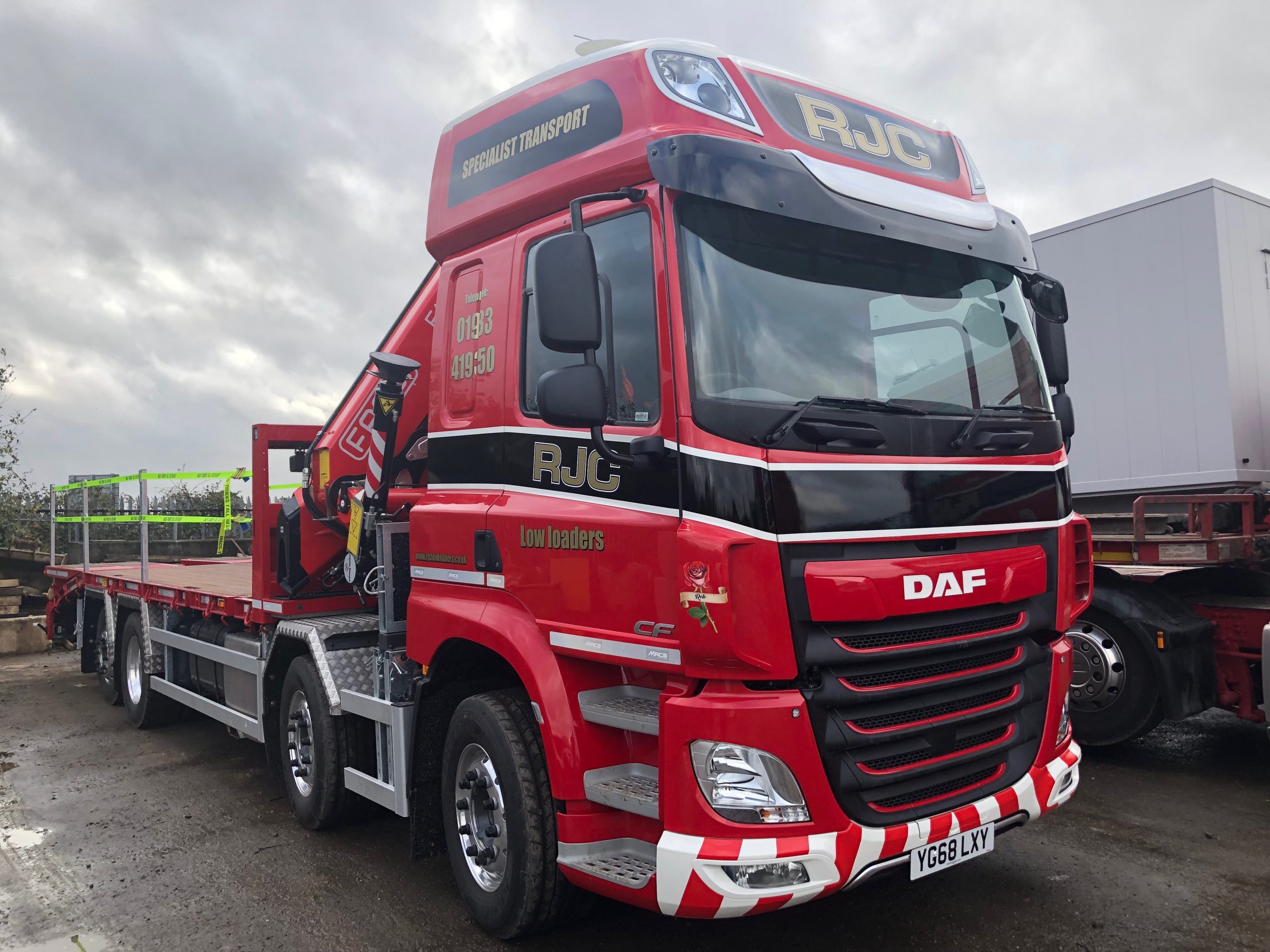
IN-VEHICLE TECHNOLOGY POLICY
RJC Low Loaders Ltd is committed to reducing the risks that our staff face and create when using in-vehicle technology whilst driving at work. Staff using in-vehicle technology for work must ensure that they always use it safely.
Examples of in vehicle technology include – Televisions, (ACC) Adaptive cruise control, (BLIS) Blind Sport Information System, Driver Fatigue Monitoring Systems, Reversing and parking aids, Adaptive Front Lighting systems, Satellite Navigation systems, Speed warning systems & speed limiters and Electronic Braking and Stability systems etc
Persistent failure to comply with the policy will be regarded as a serious disciplinary matter.
Drivers must ensure:
Enter Your Email Address
For Our Company Newsletter